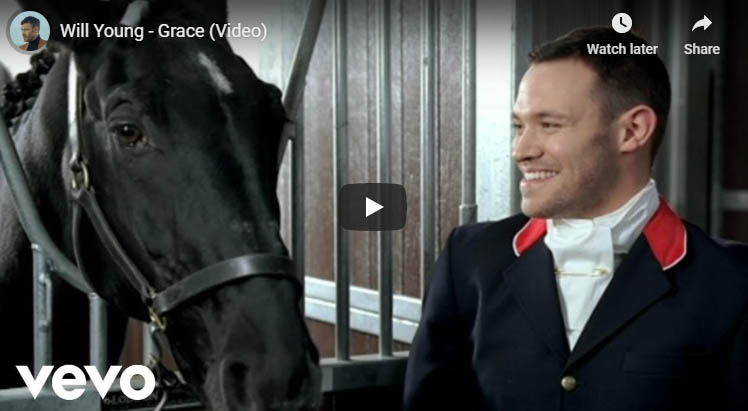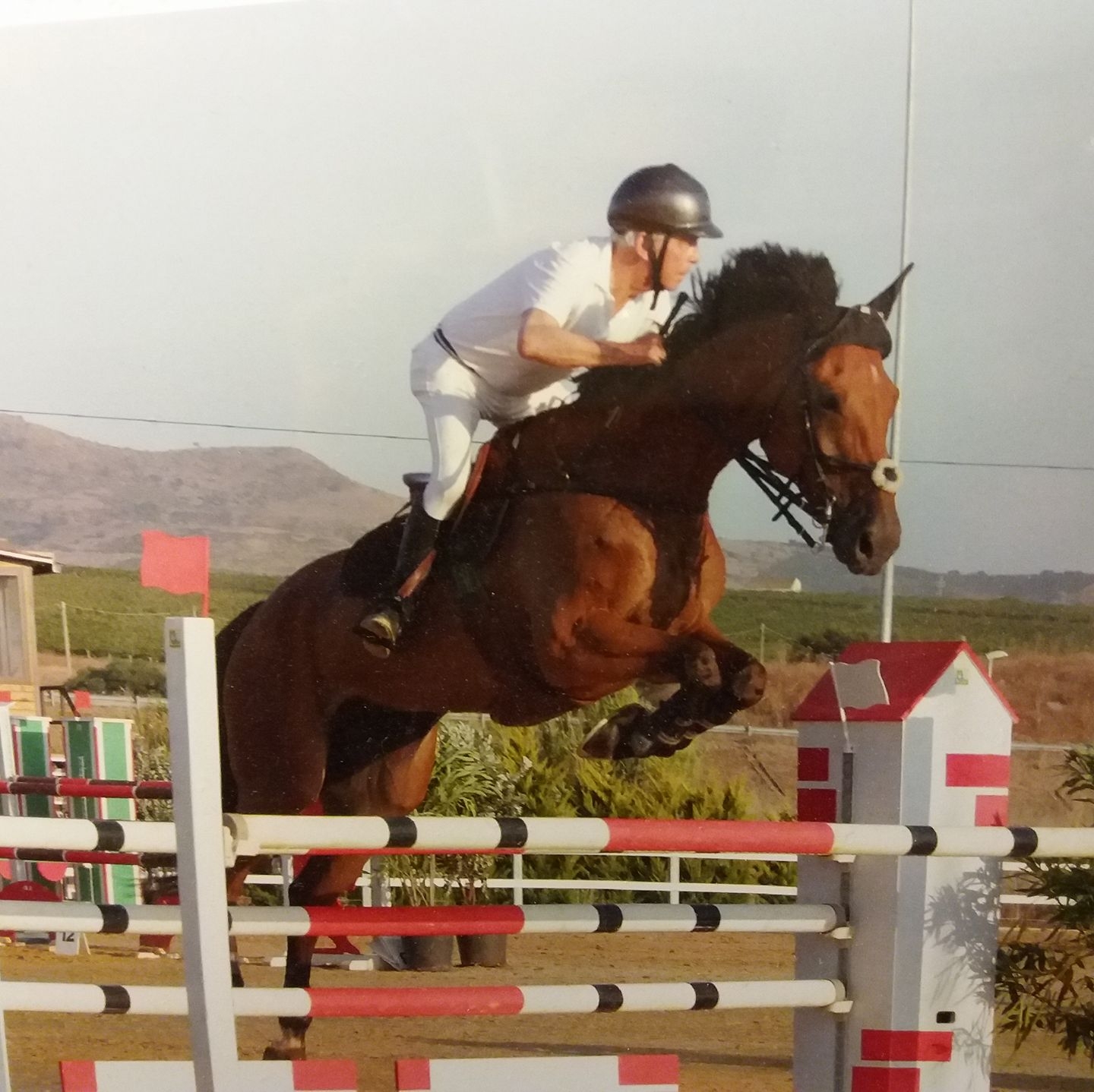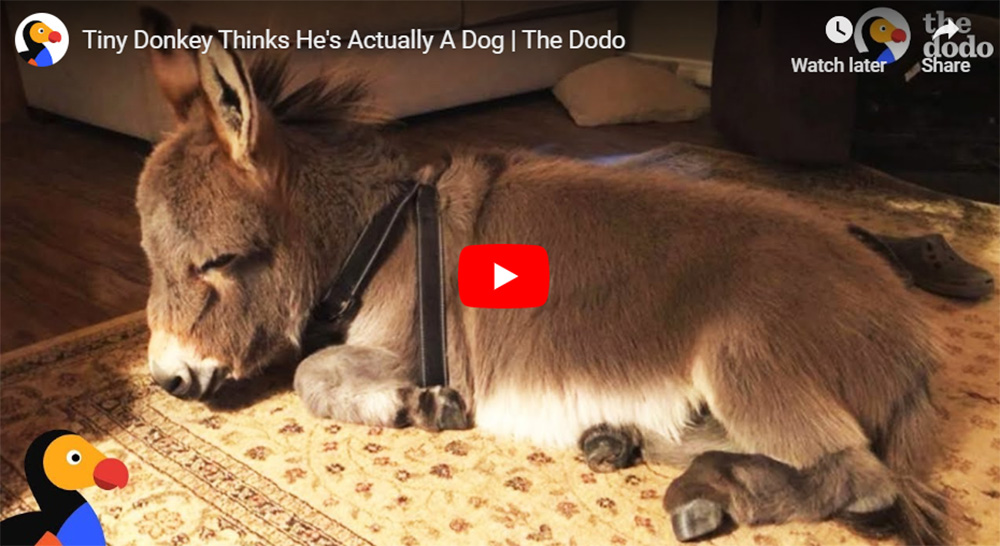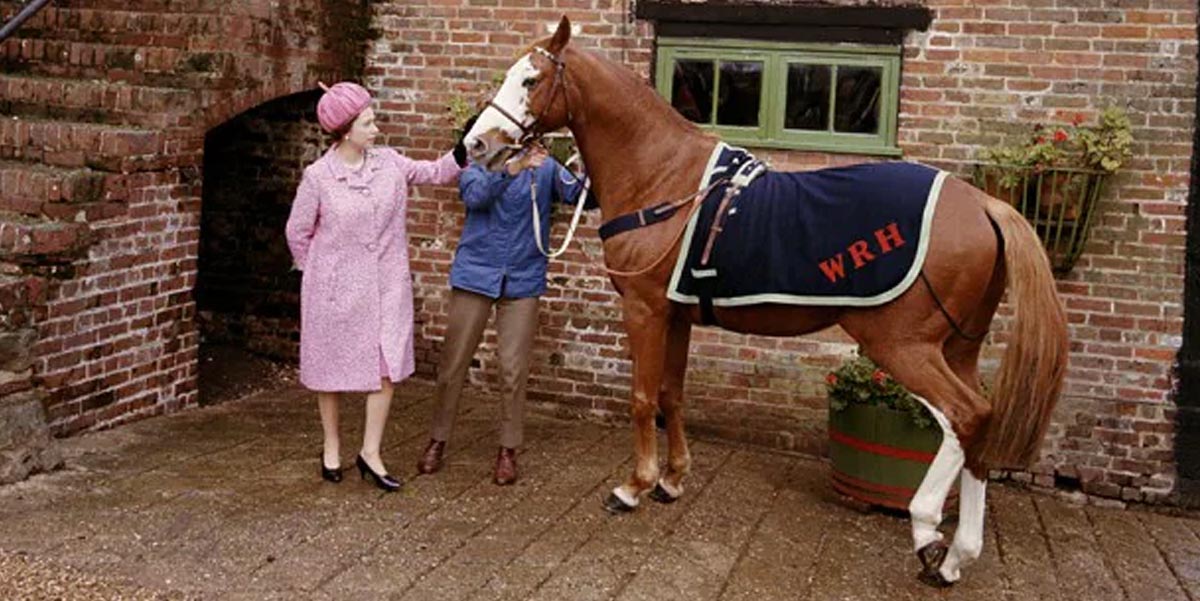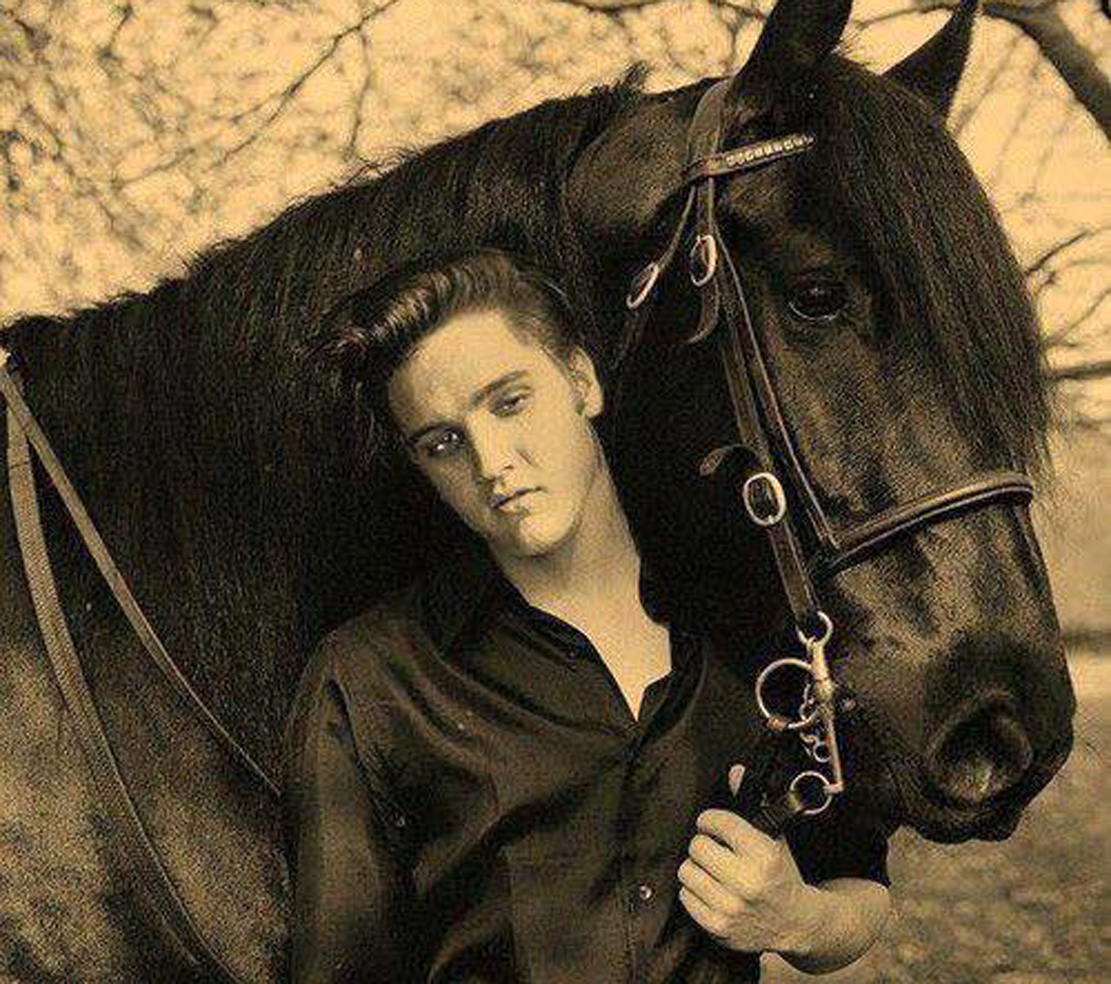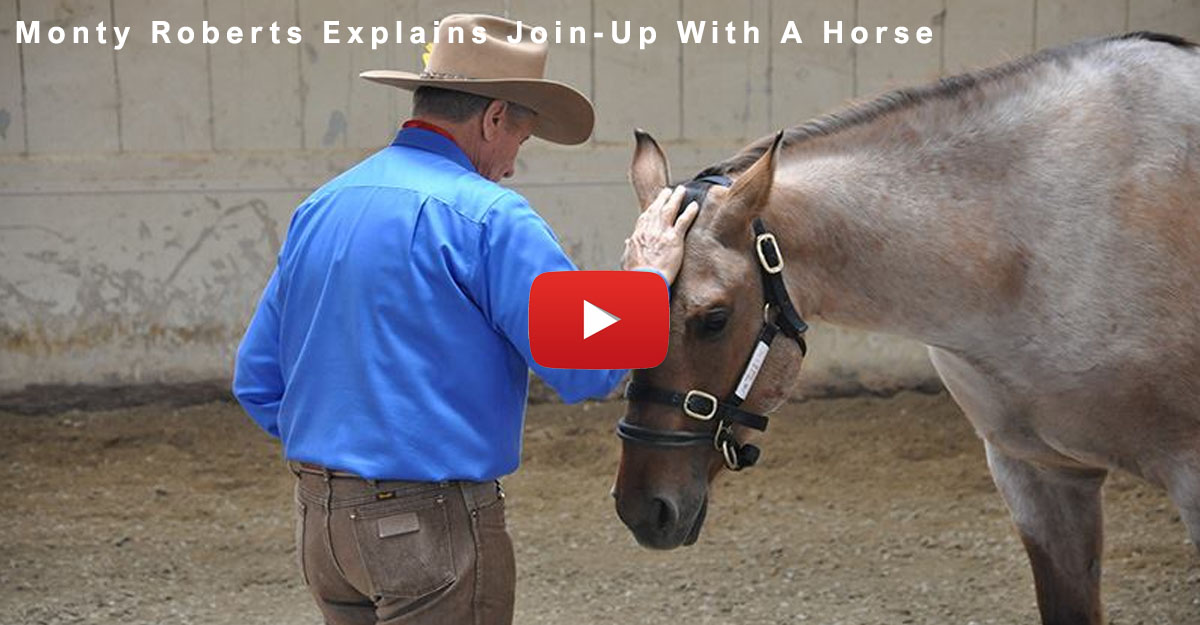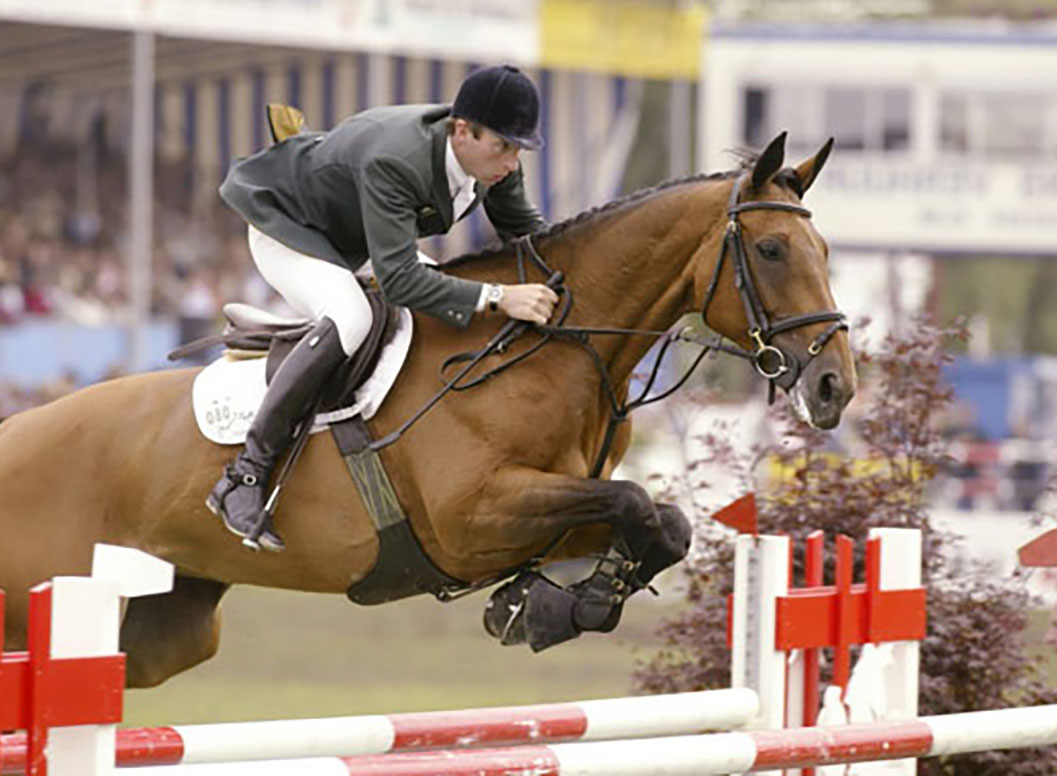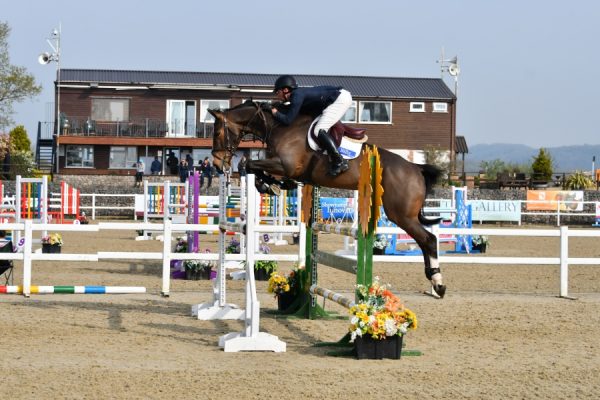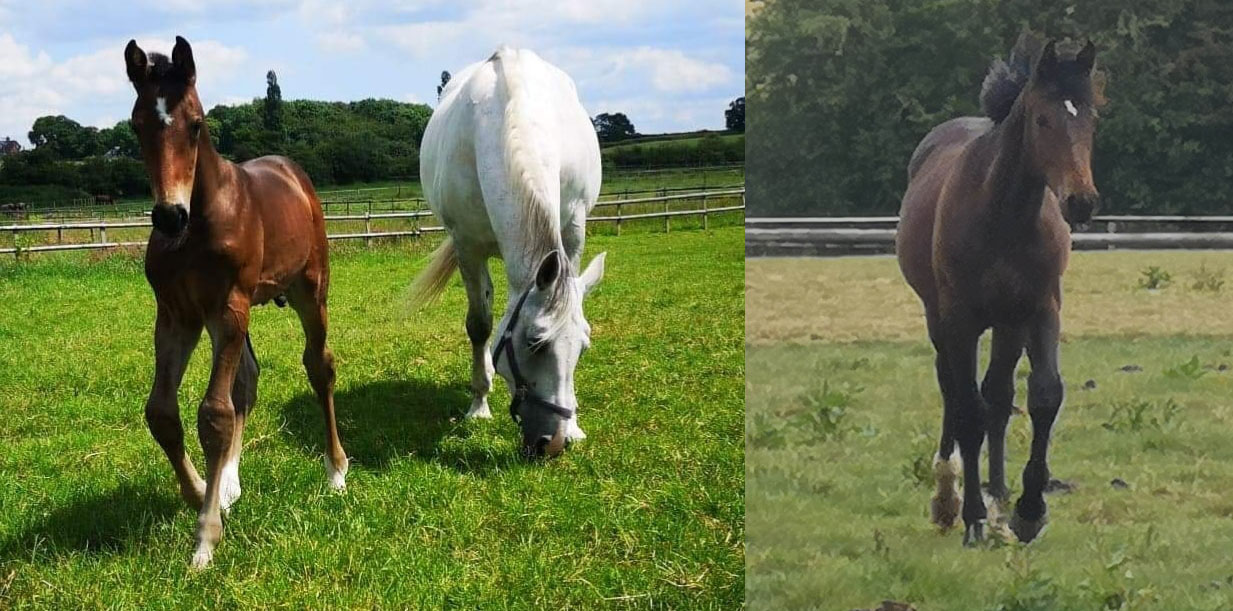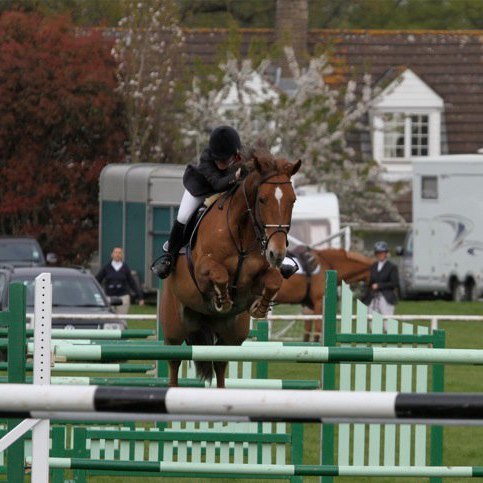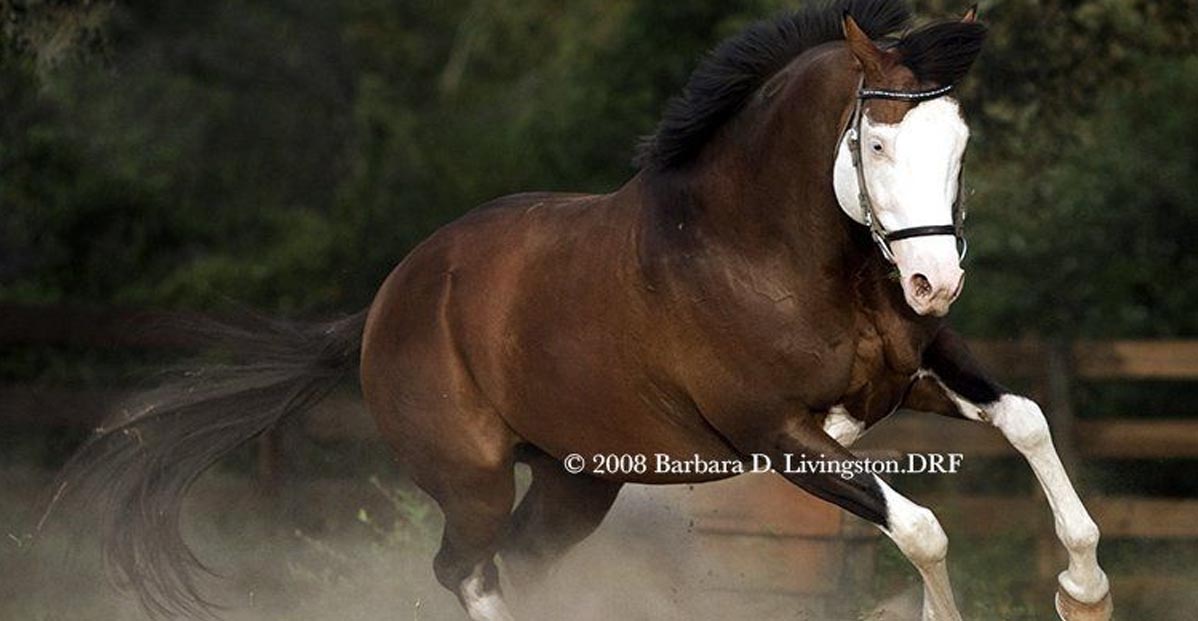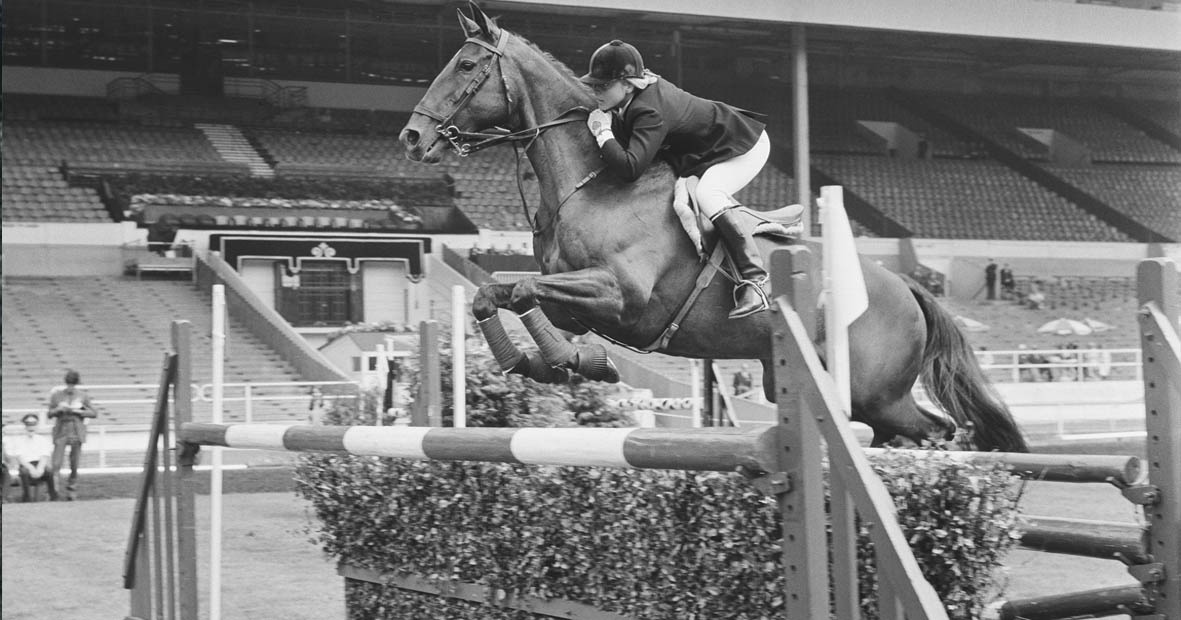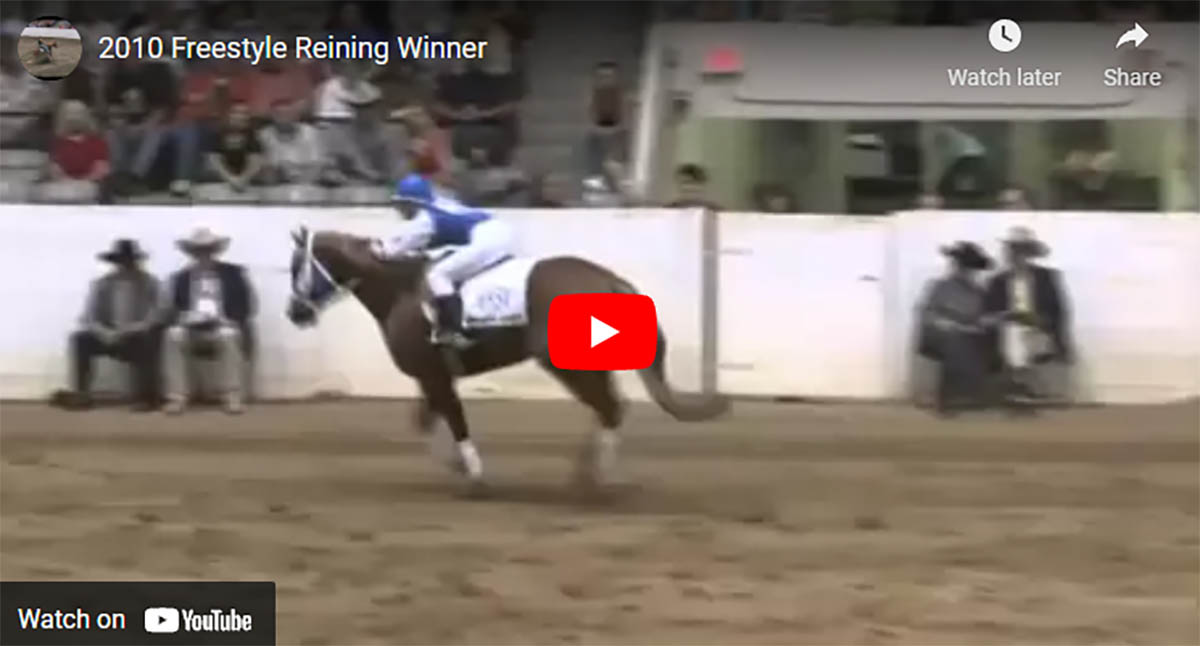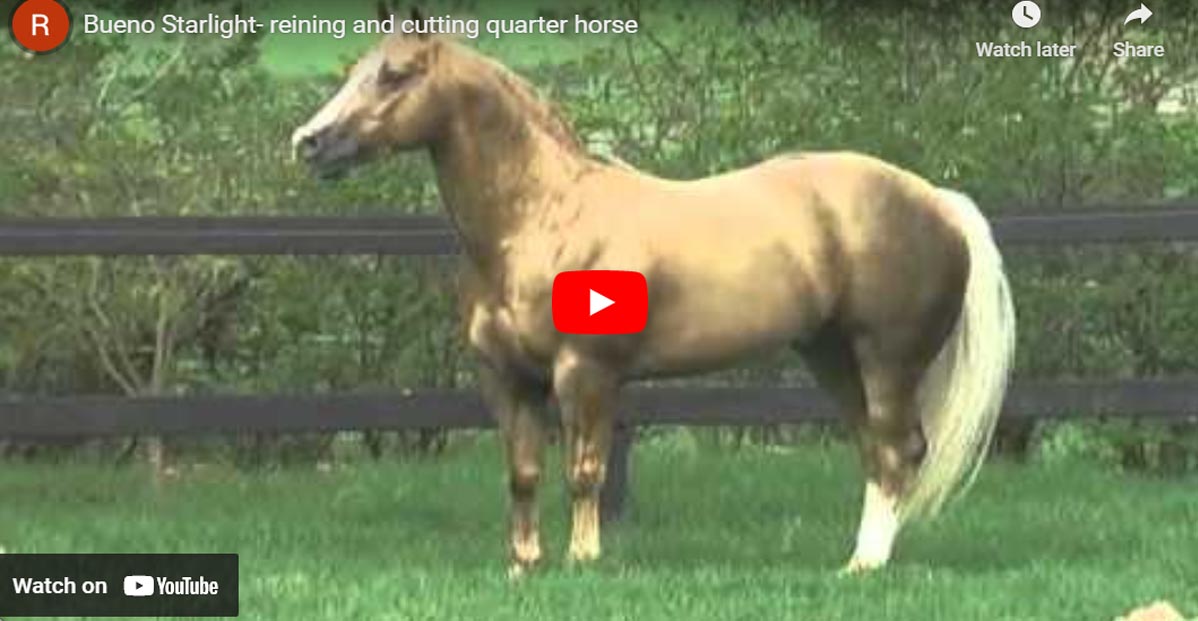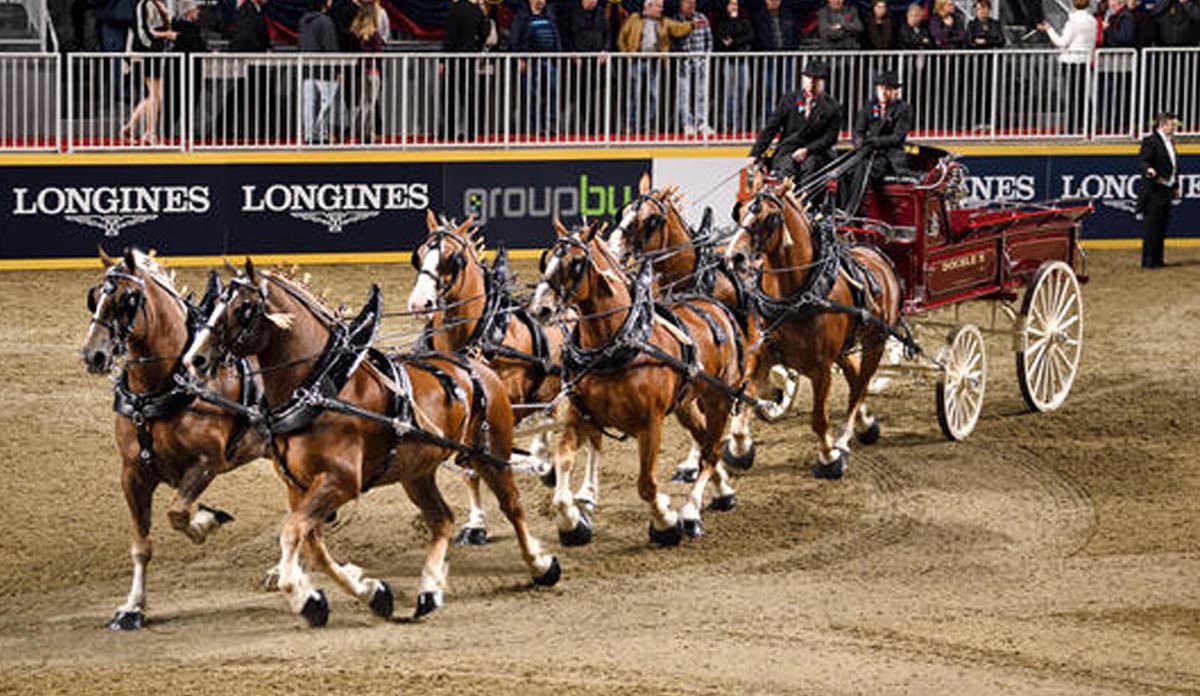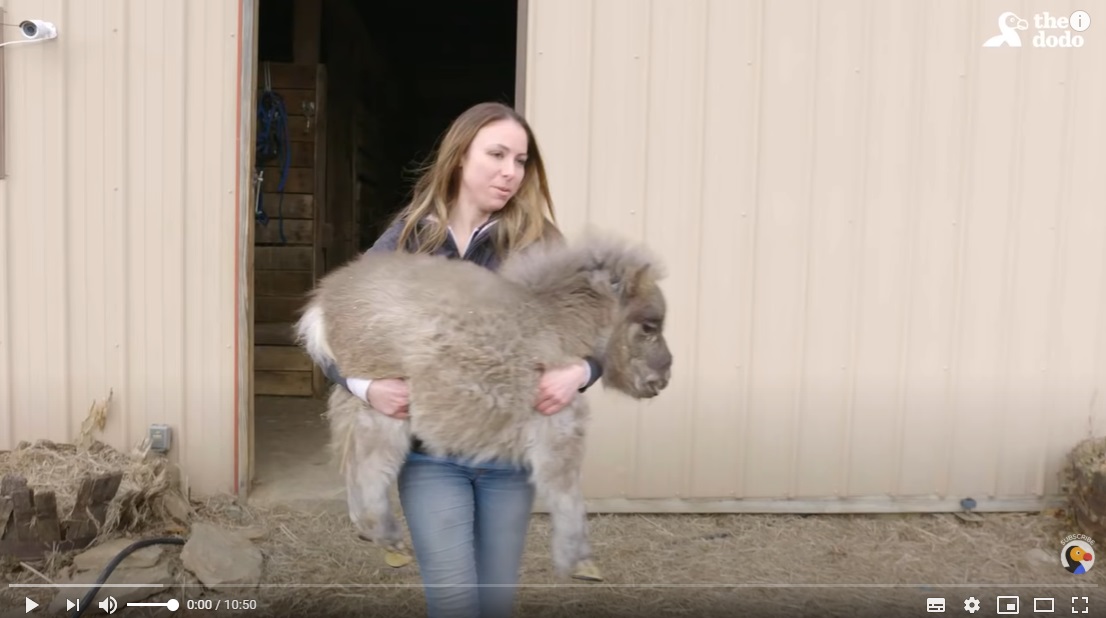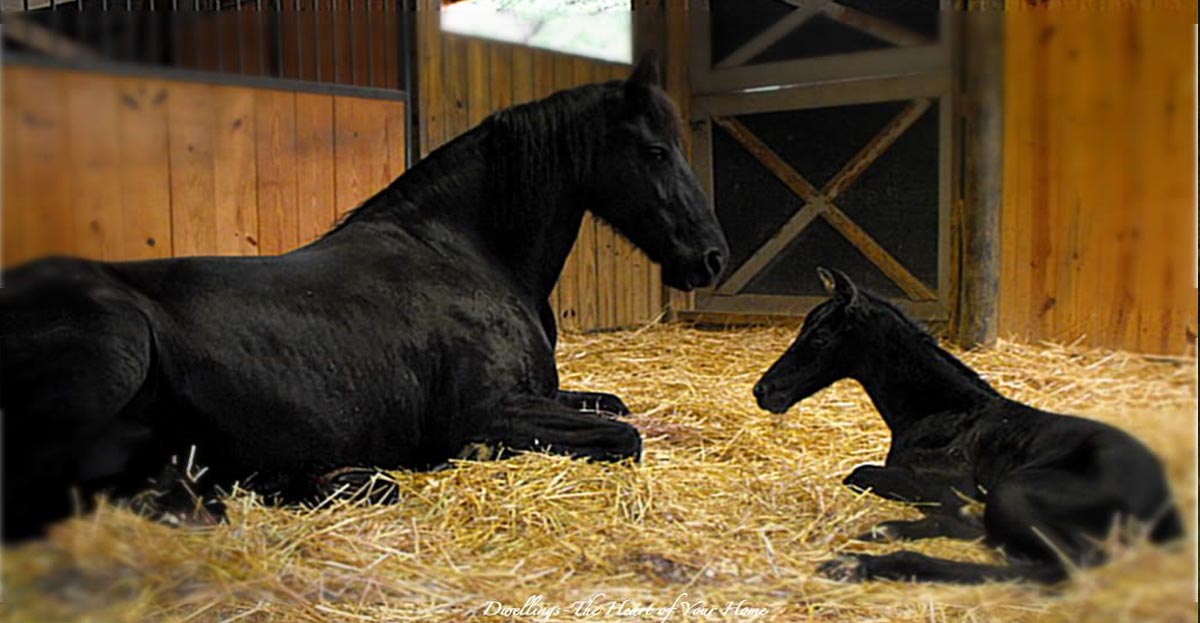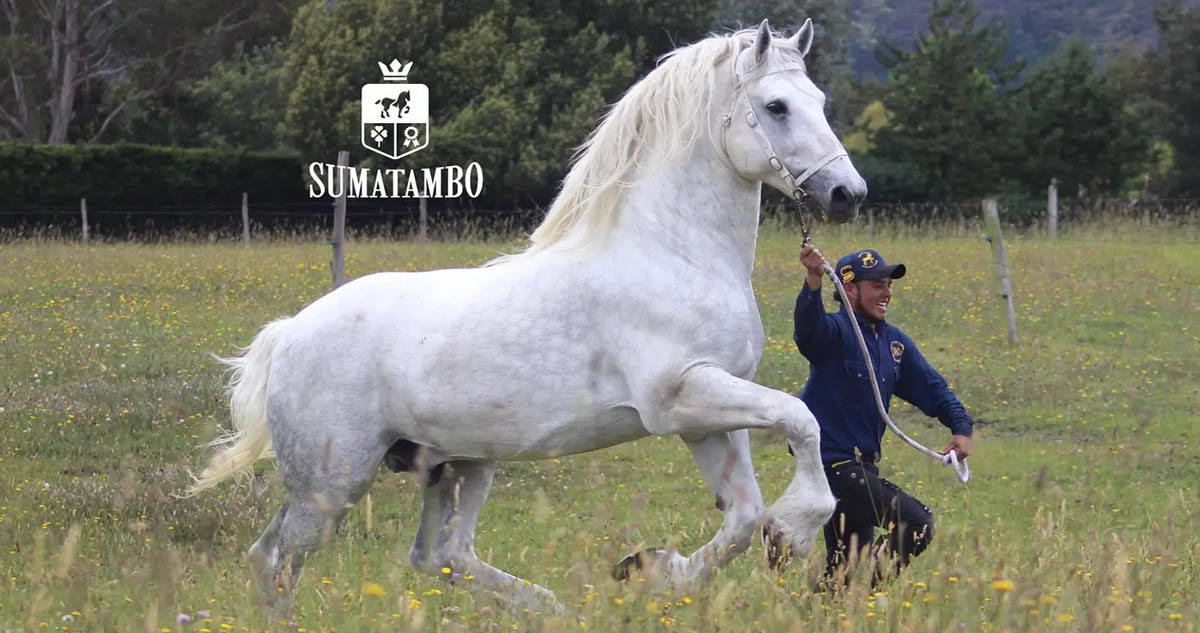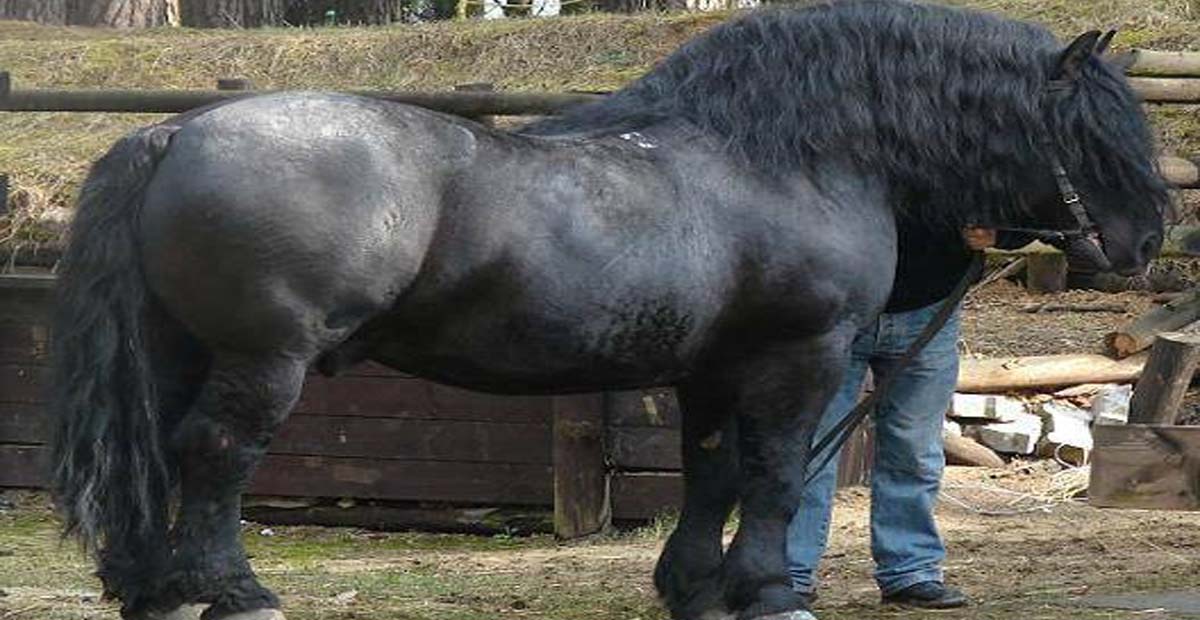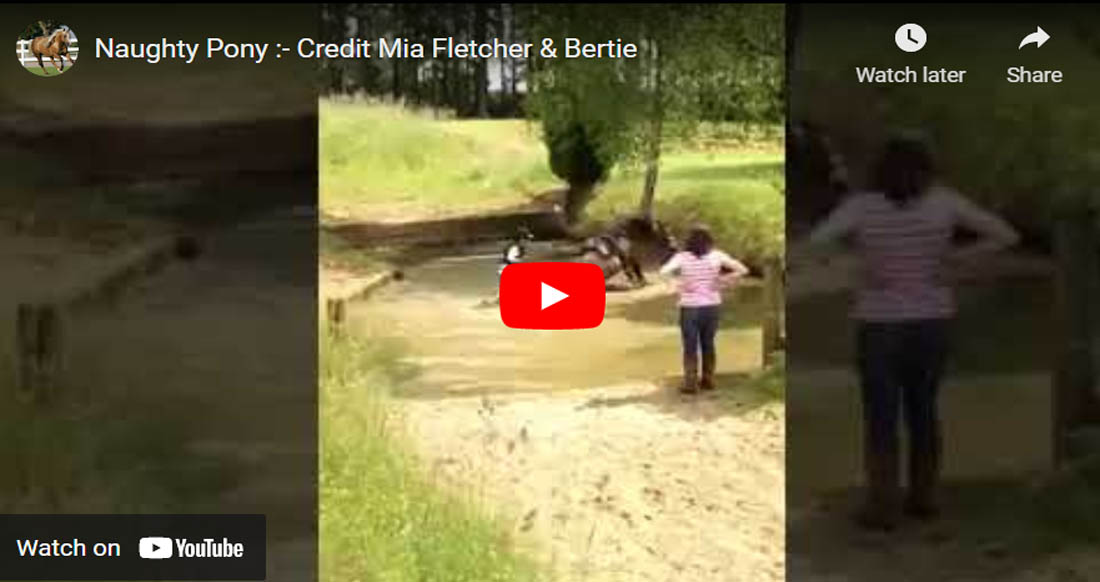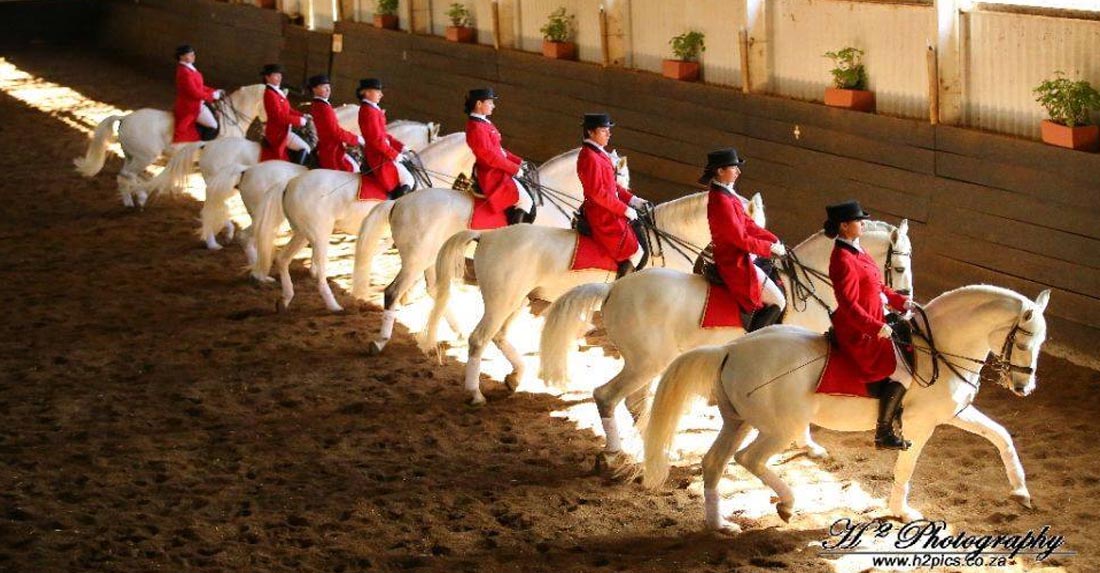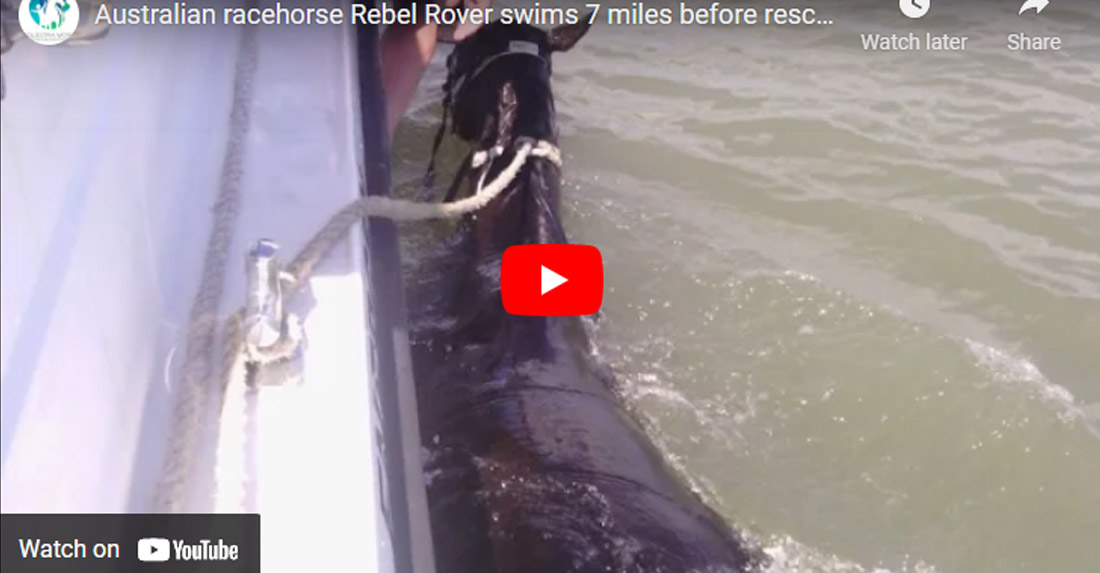Horse Spa
We all love to be pampered & our horses are no different, see a fab video below of some spoilt ponies being loved and cared for at the equestrian spa, pedicures, massages & time in a Jacuzzi what more can a pony want.
“There is no question in my mind that the Spa made better horses out of several of my claimers and truly helped some make it to the winners` circle. Two thumbs up for the Equine Cold Water Spa!" - Gary Contessa
Cold Saltwater Spa
The Cold Saltwater Spa uses very cold salt water and a vigorous turbulating action to provide an incredibly effective treatment for reducing inflammation in lower leg injuries and accelerating the body`s natural healing processes.
Spa therapy has been very effective in treating & speeding up the recovery of injured tendons, ligaments, shins, splints, feet, wounds, cuts & bruises.
The Therapeutic effects of Cold Saltwater
Temperature: The Spa solution is maintained between 2 and 4 °c
(35 f), to minimize heat and inflammation. This provides analgesic pain management as well as inhibiting enzyme degeneration of tendons post injury.
Salt Concentration: The cold Saltwater solution acts as a hypertonic poultice as well as having a natural healing effect on wounds. Water density increases with salt concentration, which in turn increases pressure to aid fluid and waste dispersal.
Aeration: Water aeration has a massaging effect on the leg and increases the dissolved oxygen content of the spa solution.
Depth: The depth of the water is proportional to the pressure exerted on the leg which aids fluid and waste dispersal; this can be varied according to position and severity of injury.
Biological Control: With water hygiene levels continually being maintained with a combination of fine filtration, chlorination, cold water and salt, the ECB Spa allows thousands of successive treatments. These same factors not only prevent further micro-biological infections but actually help treat any pre-existing conditions.
Dissolved Oxygen: Water at temperatures below 6 °c (48 f) has a higher ability to carry oxygen and with the solution also being aerated, the oxygen content is increased dramatically. It is believed that the Spa has similar effects on internal leg injuries to the use of hyperbaric chambers in humans; and with topical wounds, re-oxygenation allows phagocytosis and other natural defense mechanisms to intensify in their therapy.ify in their therapy. and other host defense mechanisms to intensify in their therapy. How the Cold Saltwater Spa helps the Equine Athelete:
How the Cold Saltwater Spa helps the Equine Athelete: Generally:
Cold salt hydrotherapy treatment can be used for all forms of lower leg inflammation: removing the painful fluid swellings associated with injury.
Tendonitis - Injury to Superficial digital flexor, Check ligament, Deep digital flexor.
Tendonitis is one of the principal injuries associated with performance horses as often repair is not fully successful. For example, initial injury may start as a bruise or strain to the collagen fibres which then become inflamed and further deteriorate under the influence of collagenase. In repair new collagen fibres form but often form cross links due to lingering swelling which are weak and re-injure. Cold hydrotherapy treatment minimizes the effect of collegenase by keeping the leg temperature lower; and by reducing the swelling, allows collagen fibres to repair neatly.
Desmitis – Suspensory strain or tear.
The suspensory apparatus supports the lower leg through attachment to the bones and injury is common when horses slip or twist the leg or where over extension of the fetlock occurs regularly during exercise. Injury of the ligament could occur in a similar manner to tendonitis or ligament separation from bone may result in intense inflammation and pain. Repair is slow and replacement collagen must form correctly to prevent re-injury, hence the importance to keep swelling down for straight collagen repair.
Arthritis – Injury to Fetlock and pastern, Knee and hock, coffin joint.
Bone provides the living scaffold for movement and injury can result in degeneration of bone and joint tissue with a weakening of the bone structure. Inflammation results in swelling and pain and unless the progressive changes are stopped deterioration will continue to worsen with concussion.
Hoof Injuries – Over reach, Abscesses, Stone Bruise, Corns, Laminitis or Founder, Thrush, Nail Prick.
All the different structures that go to make up the hoof can be injured either from concussion, trauma, shoeing or nutrition. Each form results in its own type of inflammation sometimes with associated infection. Cold poultice treatment to the hoof has been a traditional therapy and the spa improves this process in the above injury types.
Shin Splints - Sore shins, Bucked shins.
During exercise, pressure on the digital extensor tendon sheath down the front of the cannon bone, can cause the attachment of the sheath to the bone to lift in young horses. As exercise increases, the inflammation worsens with fluid separating the sheath and bone further. Spa treatment minimizes the inflammation.
Jar Up - Bruising
Concussion soreness is a common result where horses work on hard surfaces after lead up exercise on softer going. This may result from a change in the going on grass tracks or change from all weather surfaces to firmer going in racehorses. The bone tissues are stressed and inflammation commences throughout the bones without showing signs of fluid or swelling.
Bursitis / Synovitis - Swollen joints, Wind galls or wind puffs.
Result where stress injury develops in the tissues surrounding joints and ligaments. The synovial membranes produce excess fluid causing the joint or tendon sheaths to swell.
Open Wounds and skin infections. — Dermatitis, Greasy heel / Mud Fever / Rain Scald
Skin Infection all commence with abrasion to skin cells which then allow entry of various micro-organisms resulting in inflammation. Both inflammation and the micro-organic cause require elimination and cold water hydrotherapy speed this process with the salt content of the water acting as a poultice. Many of the artificial surfaces that horses work on are abrasive and can irritate skin on lower leg.
Prevention:
Normally the healing of these injuries may be prolonged with new tissue type being weak and prone to re-injury. Spa treatments resolve injuries faster in two ways; firstly, by keeping the leg temperature lower it minimizes the effect of fibre deteriorating collegenase; and secondly by reducing the swelling, it allows collagen fibres to repair neatly.
This reduced convalescence time is beneficial for the horse and all connections, however the perfect situation to utilize cold water hydrotherapy is within:
Injury Prevention
Prevention is always better than cure. By regular use of cold therapy immediately after hard exercise, many of the stressors within tissues are removed before inflammation develops. Cold also significantly improves surface bone density reducing the opportunity for bone stress related injuries to commence.
What People are Saying:
"Sometimes, the most simple ideas are the most brilliant. We are all aware of the effect of ice on inflammation and saltwater on wounds. The problem is that our industry has been trapped in tradition. Trapped by using 20th century techniques in a world full of 21st century progress. The Equine spa has very effectively married the concepts of tried and true anti inflammatory treatments with state of the art technology. I was introduced to the Equine spa when one of my patients, "Better Talk Now" had an open wound that became infected just prior to a race in Saratoga, NY. We elected to use the Equine spa`s healing properties of cold salt hydrotherapy to aid in the healing process and eliminate any further complications. 3, 10 minute daily treatments were all we used in this case. The wound is no longer a problem.
Certainly, financial considerations will always be a factor in our profession, but here is a product that would be expensive NOT to have. The uses go far beyond the example I cited. The ability of the Equine spa to lower the temperature of the entire equine limb so completely and rapidly, could eliminate the use of more traditional methods that employ more time and effort. Once again, the Equine spa`s balance of simplicity and results are unmatched in our industry." - Dr Luis A. Castro, DVM
"I use the Spa for immature tendons, open wounds, splints and sore shins. Ouija Board, for instance, threw a splint, went in the Spa twice a day, every day, and it made an enormous difference. I`m impressed." - Ed Dunlop
"I regard the Equine Spa as the most important aid that I have encountered in over twenty years of training racehorses. This season we treated a large number of horses on their return from racing on summers going and found that they were ready to run much earlier than previously. I am very pleased with the results all round and I shall be continuing to use the Spa." - Jim Bolger
“In my opinion it is the best addition to my yard since I started training" - Jeremy Noseda
“A lot of tendon injuries I`ve seen go through the Spa have not required any further treatment and that is the beauty of the Spa.” - Jeremy Swan MRCVS
“Tendon injuries unfortunately come with performance horses, be it racing, eventing, showjumping or any other performance discipline. These have traditionally taken a long time to respond and in the first cases of Spa use I saw, I couldn`t believe the rate of recovery with results I hadn`t previously achieved throughout my 35 years of veterinary experience.” - Professor Evan Hunt
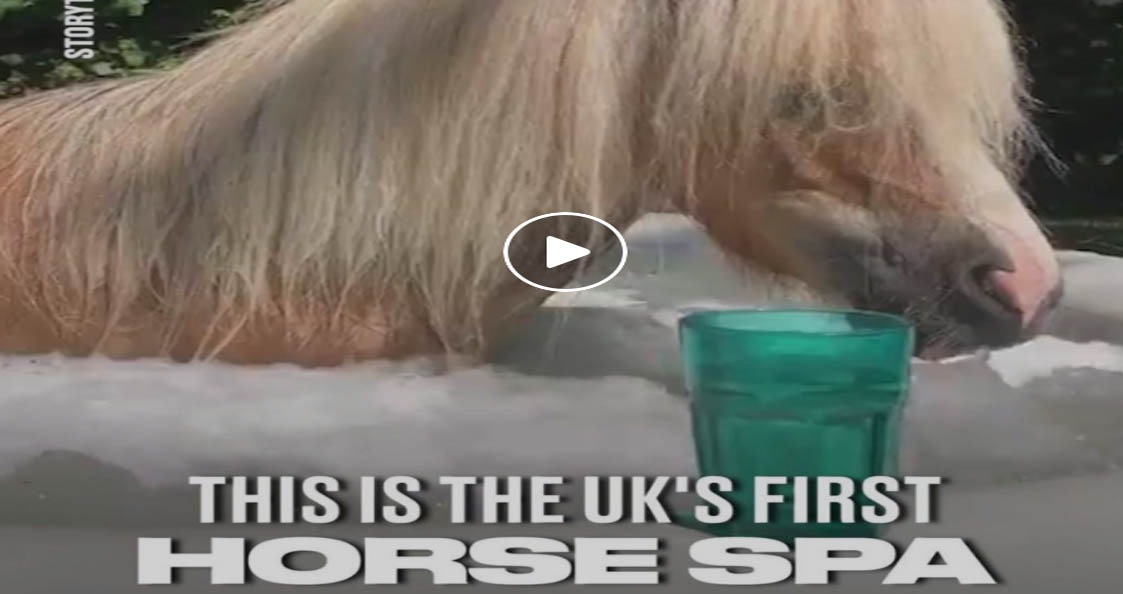
Share if your horse would love a Spa day!
ContentAdvertEquine Spa - Cherry Creek Equestrian Center Presents Tee & Jacque Woolman
Cold Salt Hydrotherapy is used to treat (and prevent) a multitude of injuries in 2°C / 35°F saltwater. The spa has successfully addressed virtually all lower leg injuries. Treatment temperature alone induces a massive rush of blood and circulation which otherwise would not be present. This drug free therapy can be used preventatively to increase mobility and reduce swelling in the limbs before and after competitive events and training.“There is no question in my mind that the Spa made better horses out of several of my claimers and truly helped some make it to the winners` circle. Two thumbs up for the Equine Cold Water Spa!" - Gary Contessa
Cold Saltwater Spa
The Cold Saltwater Spa uses very cold salt water and a vigorous turbulating action to provide an incredibly effective treatment for reducing inflammation in lower leg injuries and accelerating the body`s natural healing processes.
Spa therapy has been very effective in treating & speeding up the recovery of injured tendons, ligaments, shins, splints, feet, wounds, cuts & bruises.
The Therapeutic effects of Cold Saltwater
Temperature: The Spa solution is maintained between 2 and 4 °c
(35 f), to minimize heat and inflammation. This provides analgesic pain management as well as inhibiting enzyme degeneration of tendons post injury.
Salt Concentration: The cold Saltwater solution acts as a hypertonic poultice as well as having a natural healing effect on wounds. Water density increases with salt concentration, which in turn increases pressure to aid fluid and waste dispersal.
Aeration: Water aeration has a massaging effect on the leg and increases the dissolved oxygen content of the spa solution.
Depth: The depth of the water is proportional to the pressure exerted on the leg which aids fluid and waste dispersal; this can be varied according to position and severity of injury.
Biological Control: With water hygiene levels continually being maintained with a combination of fine filtration, chlorination, cold water and salt, the ECB Spa allows thousands of successive treatments. These same factors not only prevent further micro-biological infections but actually help treat any pre-existing conditions.
Dissolved Oxygen: Water at temperatures below 6 °c (48 f) has a higher ability to carry oxygen and with the solution also being aerated, the oxygen content is increased dramatically. It is believed that the Spa has similar effects on internal leg injuries to the use of hyperbaric chambers in humans; and with topical wounds, re-oxygenation allows phagocytosis and other natural defense mechanisms to intensify in their therapy.ify in their therapy. and other host defense mechanisms to intensify in their therapy. How the Cold Saltwater Spa helps the Equine Athelete:
How the Cold Saltwater Spa helps the Equine Athelete: Generally:
Cold salt hydrotherapy treatment can be used for all forms of lower leg inflammation: removing the painful fluid swellings associated with injury.
Tendonitis - Injury to Superficial digital flexor, Check ligament, Deep digital flexor.
Tendonitis is one of the principal injuries associated with performance horses as often repair is not fully successful. For example, initial injury may start as a bruise or strain to the collagen fibres which then become inflamed and further deteriorate under the influence of collagenase. In repair new collagen fibres form but often form cross links due to lingering swelling which are weak and re-injure. Cold hydrotherapy treatment minimizes the effect of collegenase by keeping the leg temperature lower; and by reducing the swelling, allows collagen fibres to repair neatly.
Desmitis – Suspensory strain or tear.
The suspensory apparatus supports the lower leg through attachment to the bones and injury is common when horses slip or twist the leg or where over extension of the fetlock occurs regularly during exercise. Injury of the ligament could occur in a similar manner to tendonitis or ligament separation from bone may result in intense inflammation and pain. Repair is slow and replacement collagen must form correctly to prevent re-injury, hence the importance to keep swelling down for straight collagen repair.
Arthritis – Injury to Fetlock and pastern, Knee and hock, coffin joint.
Bone provides the living scaffold for movement and injury can result in degeneration of bone and joint tissue with a weakening of the bone structure. Inflammation results in swelling and pain and unless the progressive changes are stopped deterioration will continue to worsen with concussion.
Hoof Injuries – Over reach, Abscesses, Stone Bruise, Corns, Laminitis or Founder, Thrush, Nail Prick.
All the different structures that go to make up the hoof can be injured either from concussion, trauma, shoeing or nutrition. Each form results in its own type of inflammation sometimes with associated infection. Cold poultice treatment to the hoof has been a traditional therapy and the spa improves this process in the above injury types.
Shin Splints - Sore shins, Bucked shins.
During exercise, pressure on the digital extensor tendon sheath down the front of the cannon bone, can cause the attachment of the sheath to the bone to lift in young horses. As exercise increases, the inflammation worsens with fluid separating the sheath and bone further. Spa treatment minimizes the inflammation.
Jar Up - Bruising
Concussion soreness is a common result where horses work on hard surfaces after lead up exercise on softer going. This may result from a change in the going on grass tracks or change from all weather surfaces to firmer going in racehorses. The bone tissues are stressed and inflammation commences throughout the bones without showing signs of fluid or swelling.
Bursitis / Synovitis - Swollen joints, Wind galls or wind puffs.
Result where stress injury develops in the tissues surrounding joints and ligaments. The synovial membranes produce excess fluid causing the joint or tendon sheaths to swell.
Open Wounds and skin infections. — Dermatitis, Greasy heel / Mud Fever / Rain Scald
Skin Infection all commence with abrasion to skin cells which then allow entry of various micro-organisms resulting in inflammation. Both inflammation and the micro-organic cause require elimination and cold water hydrotherapy speed this process with the salt content of the water acting as a poultice. Many of the artificial surfaces that horses work on are abrasive and can irritate skin on lower leg.
Prevention:
Normally the healing of these injuries may be prolonged with new tissue type being weak and prone to re-injury. Spa treatments resolve injuries faster in two ways; firstly, by keeping the leg temperature lower it minimizes the effect of fibre deteriorating collegenase; and secondly by reducing the swelling, it allows collagen fibres to repair neatly.
This reduced convalescence time is beneficial for the horse and all connections, however the perfect situation to utilize cold water hydrotherapy is within:
Injury Prevention
Prevention is always better than cure. By regular use of cold therapy immediately after hard exercise, many of the stressors within tissues are removed before inflammation develops. Cold also significantly improves surface bone density reducing the opportunity for bone stress related injuries to commence.
What People are Saying:
"Sometimes, the most simple ideas are the most brilliant. We are all aware of the effect of ice on inflammation and saltwater on wounds. The problem is that our industry has been trapped in tradition. Trapped by using 20th century techniques in a world full of 21st century progress. The Equine spa has very effectively married the concepts of tried and true anti inflammatory treatments with state of the art technology. I was introduced to the Equine spa when one of my patients, "Better Talk Now" had an open wound that became infected just prior to a race in Saratoga, NY. We elected to use the Equine spa`s healing properties of cold salt hydrotherapy to aid in the healing process and eliminate any further complications. 3, 10 minute daily treatments were all we used in this case. The wound is no longer a problem.
Certainly, financial considerations will always be a factor in our profession, but here is a product that would be expensive NOT to have. The uses go far beyond the example I cited. The ability of the Equine spa to lower the temperature of the entire equine limb so completely and rapidly, could eliminate the use of more traditional methods that employ more time and effort. Once again, the Equine spa`s balance of simplicity and results are unmatched in our industry." - Dr Luis A. Castro, DVM
"I use the Spa for immature tendons, open wounds, splints and sore shins. Ouija Board, for instance, threw a splint, went in the Spa twice a day, every day, and it made an enormous difference. I`m impressed." - Ed Dunlop
"I regard the Equine Spa as the most important aid that I have encountered in over twenty years of training racehorses. This season we treated a large number of horses on their return from racing on summers going and found that they were ready to run much earlier than previously. I am very pleased with the results all round and I shall be continuing to use the Spa." - Jim Bolger
“In my opinion it is the best addition to my yard since I started training" - Jeremy Noseda
“A lot of tendon injuries I`ve seen go through the Spa have not required any further treatment and that is the beauty of the Spa.” - Jeremy Swan MRCVS
“Tendon injuries unfortunately come with performance horses, be it racing, eventing, showjumping or any other performance discipline. These have traditionally taken a long time to respond and in the first cases of Spa use I saw, I couldn`t believe the rate of recovery with results I hadn`t previously achieved throughout my 35 years of veterinary experience.” - Professor Evan Hunt



